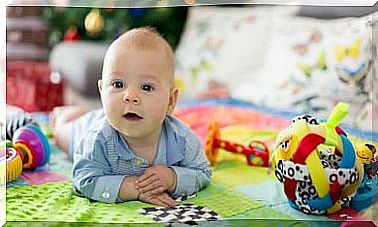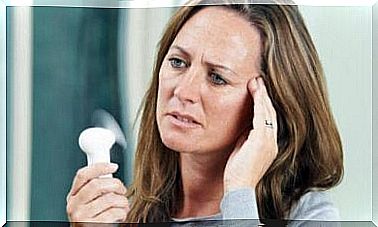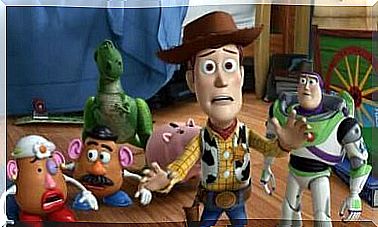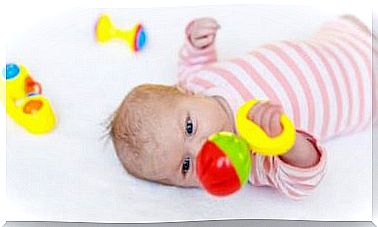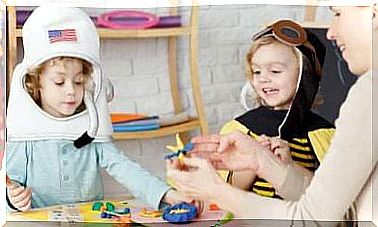Insect Bites And Insect Bites And Their Effects On Children
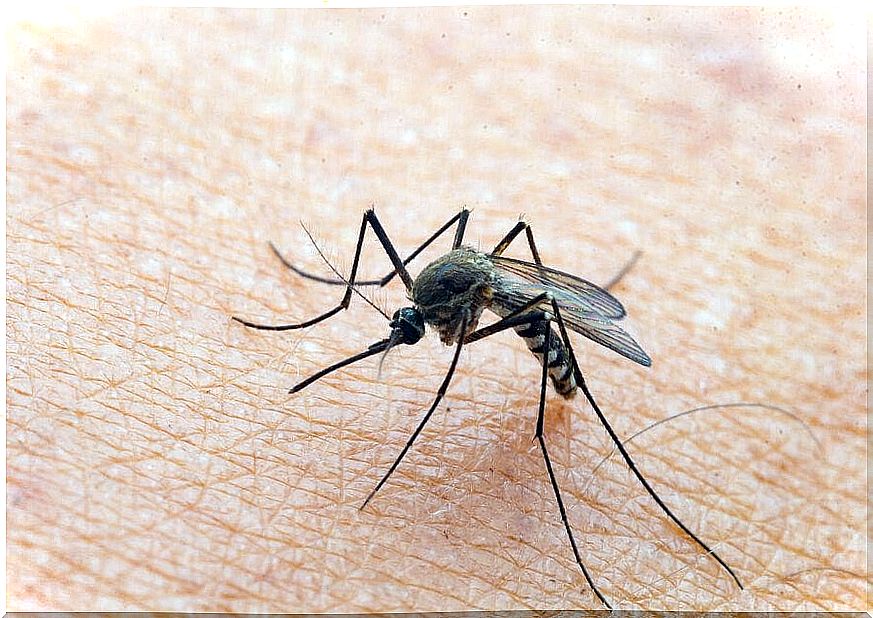
Insect bites and insect bites can in some cases be dangerous for your children and therefore prevention and treatment are important tools. However, the prevention and treatment of insect bites and insect bites is often a major problem for parents. Therefore, today we will help answer some of your most frequently asked questions regarding insect bites and children.
Children are an easy target for insects. Therefore, it is important that parents know how to prevent and treat insect bites and insect bites, as they can sometimes be harmful to a child’s health.
In general, the prevention and treatment of insect bites and insect bites falls on the parents. The way a body responds varies depending on the type of insect as well as other factors. Most insect bites and insect bites produce pain, swelling, redness and itching.
No matter what type of insect bite or insect bite your child experiences, or what symptoms occur, you should avoid scratching and rubbing. This can spread the poison and create a secondary infection.
How do insect bites and insect bites affect children?
Below we will offer some information on the types of insect bites and insect bites that are most common in children:
Ants
If you suspect that an ant has bitten your child, apply soap and warm water to the area. You can also use a hydrocortisone cream to control swelling and itching.
Finally, you should try to keep blisters from bursting as this can cause infection and further pain.
Beer
If a bee stings your baby, you will probably find a small black stitch stuck in your baby’s skin. Carefully pull out the stitch with tweezers.
Keep the swelling under control with ice and by keeping the affected body part elevated. To relieve pain and itching, you can apply an antihistamine cream or a mixture of soda and calamine lotion.
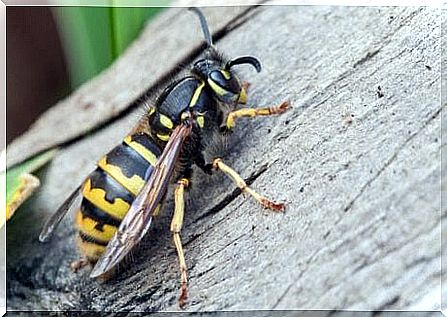
Mosquito
Mosquito bites tend to be more frequent. If your child has been bitten by a mosquito, wash the affected area gently with cold water and without soap. You can also apply a topical treatment to soothe the itching.
Spiders
Most spider bites are harmless. However, some spider bites can produce blisters and skin necrosis. Other spiders can cause symptoms such as chest pain, nausea, vomiting and abdominal pain.
If your child experiences any of these symptoms, seek medical attention immediately.
Red mites
The symptoms of a red mite bite generally come 1 to 3 hours after being bitten. They include extreme itching that lasts for several days. In addition, the affected area may become red and swollen, similar to blisters.
Successful treatment involves a cool bath or shower. You can also apply a cold compress, calamin lotion or hydrocortisone cream to keep the itching under control.
How do you calm your child in case of insect bites or insect bites?
Below is a list of suggestions that we offer to reassure your child if he or she has been stung or bitten by an insect:
- Stay calm to avoid scaring your child even more.
- Reassure your child with soothing words.
- Treat itching according to the instructions above.
- Apply ice or cold compress to further reduce itching and pain.
- Recycle insect repellent.
- Distract your little one from the pain and itching with an activity that he or she finds fun.
Advice to avoid insect bites or insect bites in children
The following tips can help you protect your child from insect bites and insect bites:
- Use insect repellent safely and effectively.
- Avoid soaps, creams and other products that contain lots of perfume.
- Dress your child in long-sleeved blouses and long pants whenever possible.
- Pay special attention in forests, scrub and grasslands.
- If you have pets, take steps to avoid flea infestation.
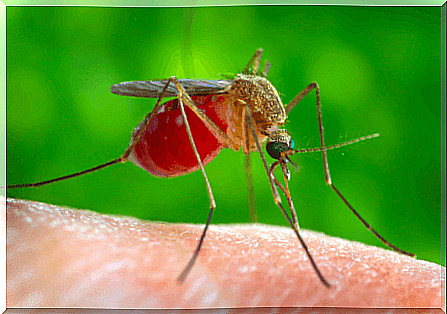
When should I contact a doctor?
If your child experiences any of the following symptoms, seek medical attention:
- If pain or itching worsens.
- Signs of infection, such as redness, localized or generalized fever, swelling, or loss of fluid in the skin.
- Fever.
- Hives or rash.
- Nausea and vomiting.
- Difficulty breathing.
- Pressure or pain in the throat or chest.
From now on, you will know how insect bites and insect bites can affect your children and how to treat them. As you have seen, there is usually no need to worry as these incidents are common incidents.
Remember that the reaction your toddler may have depends on the type of insect and your child’s own personal organism.
